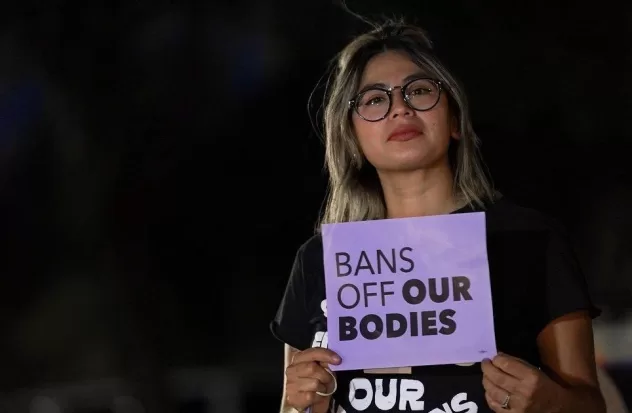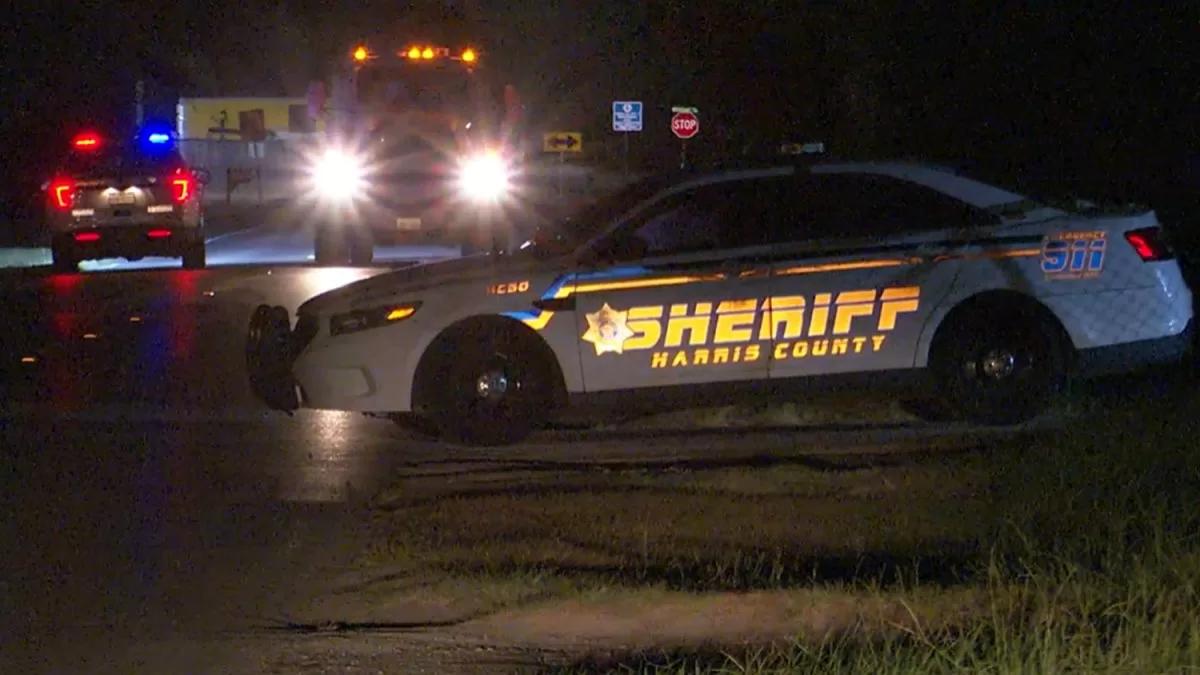The law, prior to the creation of the State, does not contemplate exceptions for cases of rape or incest, and allows abortion only if the mother’s life is in danger. The state’s highest court hinted that doctors could be prosecuted under the 1864 rule, although the opinion signed by the court’s majority did not explicitly mention it.
Tuesday’s decision overturned an earlier lower court ruling that doctors could not be prosecuted for performing abortions in the first 15 weeks of gestation.
The ruling overthrows the current legalization that allowed the interruption of pregnancy in the state up to 15 weeks.
The court granted a margin of fourteen days for the measure to take effect.
For his part, Kris Mayes, Arizona Attorney General, called the decision “unconscionable and an affront to freedom” in a statement.
The Democratic lawyer recalled that the law dates back to the Civil warat a time when women did not have rights such as suffrage.
“Let me be completely clear, as long as I am Attorney General, no woman or doctor will be prosecuted under this ley draconiana in this state,” said Mayes, who would be in charge of law enforcement.
“The Supreme Court’s decision is absolutely devastating for Arizona women and families,” Democratic Gov. Katie Hobbs said in another statement.
Trump: the law “goes too far”
Former President Donald Trump said Wednesday that Arizona’s law criminalizing nearly all abortions goes too far and called on state lawmakers to change it, while also defending the Supreme Court’s decision to overturn the constitutional right to abortion. abortion.
“Everything is going to be righted and, of course, it’s about states’ rights,” Trump told supporters and reporters after landing in Atlanta for a fundraising event. “It will be fixed and I’m sure that the governor and anyone else are going to come to their senses and they are going to fix that, I think, very quickly.”
This week, the virtual Republican presidential candidate published a video in which he refuses to support a ban on abortion at the national level and points out that the laws in this regard depend on each state. This stance angered religious conservatives and emboldened allies of President Joe Biden.
How have you got here?
The law went into effect decades before Arizona became a state on February 14, 1912.. A court in Tucson had blocked its application shortly after the U.S. Supreme Court issued its 1973 decision on Roe v. Wade, which guaranteed the constitutional right to abortion.
When the federal high court overturned that historic ruling in June 2022, the then state attorney general, Republican Mark Brnovich, successfully requested that a state judge lift the order blocking the application of the 1864 veto. The state Court of Appeals suspended the rule, and Brnovich’s successor, Democrat Kris Mayes, urged Arizona’s highest court to uphold that judicial decision.
The court itself was expanded in 2016 from five to seven judges, all of whom were appointed by Republican governors.
The high court said enforcement will not begin for at least two weeks. But the plaintiffs say that if judges uphold the ban that dates back to before the creation of the state of Arizona, it could take up to two months, based on a deal reached in a related case, to delay enforcement.
Who can be prosecuted under the 1864 act?
The law mandates the prosecution of “any person who provides, supplies or administers to a pregnant woman, or causes such woman to take any medication, drug or substance, or uses or employs any instrument or other means, with the intent to provoke a spontaneous abortion for that woman, unless it is necessary to save her life.”
The Arizona Supreme Court hinted in its ruling Tuesday that doctors may be prosecutedalthough the judges did not express it clearly.
“In light of this ruling, physicians are now on notice that all abortions, except those necessary to save a woman’s life, are illegal,” the ruling stated. The justices highlighted that additional criminal and regulatory sanctions could be applied to abortions performed beyond 15 weeks of pregnancy.
The law provides for sentences of between two and five years in prison for those guilty. Attorneys for Planned Parenthood Arizona indicated they believe criminal sanctions will apply only to doctors. But the sanctions also apply to the supply of abortion pills, the most common method in the United States.
In other places with restrictions on abortion, some women have obtained pills both through informal support networks and from medical providers in states that have laws intended to protect those who prescribe the drugs from out-of-state lawsuits. This was already illegal in Arizona, according to the attorney general’s office.
Dr. Maria Phillis, an Ohio obstetrician-gynecologist with a law degree, believes women who obtain pills through these means could be prosecuted under the 1864 law. Across the country, new restrictions on abortion have not been used to prosecute women in similar cases, and measures that have been introduced to punish those who have abortions have not been adopted.
Another 14 states currently ban abortion at all stages of pregnancy.
Whats Next? Legal, legislative and political battles
The court gave the parties two weeks to decide whether to file legal challenges.
Gov. Katie Hobbs called on the state Legislature to act immediately to repeal the law before it takes effect.
“They could file a motion today to repeal this ban,” Hobbs said Wednesday on CBS Mornings. “And they should. I am hopeful that they will because this will have devastating consequences for Arizona.”
But GOP lawmakers blocked an attempt to force a vote on such a measure on Wednesday.
A near-total ban could dramatically reduce the nearly 1,100 abortions performed each month in Arizona, according to estimates from a Planned Parenthood Society survey.
And voters could have their say in November. Abortion rights advocates say they already have more than enough signatures to add a question to the ballot for voters to decide whether to approve a constitutional amendment protecting the right to abortion until viability, when a fetus can survive outside the womb. Later-stage abortions would be permitted to save the woman’s life or protect her physical or mental health.
Source: With information from AP/AFP




